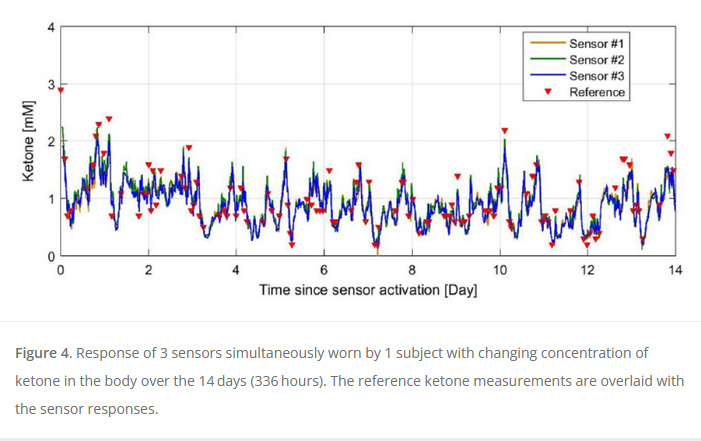Sadly, it was a near complete overhaul. The starting point of me rethinking everything was being fat (again), unable to lose it seemingly no matter what I did, convinced myself that my stall/plateau (not even close, it was almost a year at my breaking point) was complete nonsense and that I was doing it to myself.
I started the standard issue keto’r. Didn’t think calories mattered, was all about fasting, thought it was great and just shy of magical, thought every problem in life began and ended with Insulin, though all carbs were equally evil blah blah blah, believed Jason Fung that it wouldn’t destroy my metabolic rate or make me lose muscle (it did both of those very efficiently). So I changed.
Started tracking calories, worked for a few weeks, than stopped. This was after months of all types of fasting, had my RMR measured and it came back around 1700/cals, which for an active person with a physical job and that worked out, is beyond pathetic. So I dropped down to 1500, and huge surprise, I started losing again. First time in almost a year the scale was slowly trending down. Problem was, the calorie trap. I had to keep going down thanks to all the damage, had to reverse diet for almost 1.5yrs to get my metabolic rate back up while also changing back to high protein and starting to get my muscle back that I lost. Which also plateau’d. Then came TKD and having carbs around my workouts, gym workouts transformed overnight and the muscle started coming back, which meant more metabolic repair. Long story short, caring about Calories, cranking up the protein, adding in carbs around workouts, no more fasting and now that 1700/cals a day is almost 3500. Now a slight drop and I’ll lose again vs the starvation it took before.
I started (again) around 260’s I believe with my bodyfat in the 30’s, I’m 5’10", I’m currently 5’10" at 220lbs at 13%BF and slowing gaining (intentionally) for now to put some more muscle on during the cold season and then to cut down as the warm weather comes back. Still eat great, still care about blood sugar, still want a low A1C, still don’t eat industrial waste like seed oils, still mostly eat keto, but with carbs around my workouts, good ones, not junk. Took a handful of tweaks but years of sliding were reversed pretty quickly once I changed.
A handful of others here have also dumped the high protein fears, the crazy amounts of fats being added for no reason at all, and seeing that cookie cutter keto really doesn’t work for the masses, the starting point I agree with, but once we start figuring ourselves out, we need to tweak for our needs/goals just like every other person does with their diet. We’re all different, what we eat should be too.



